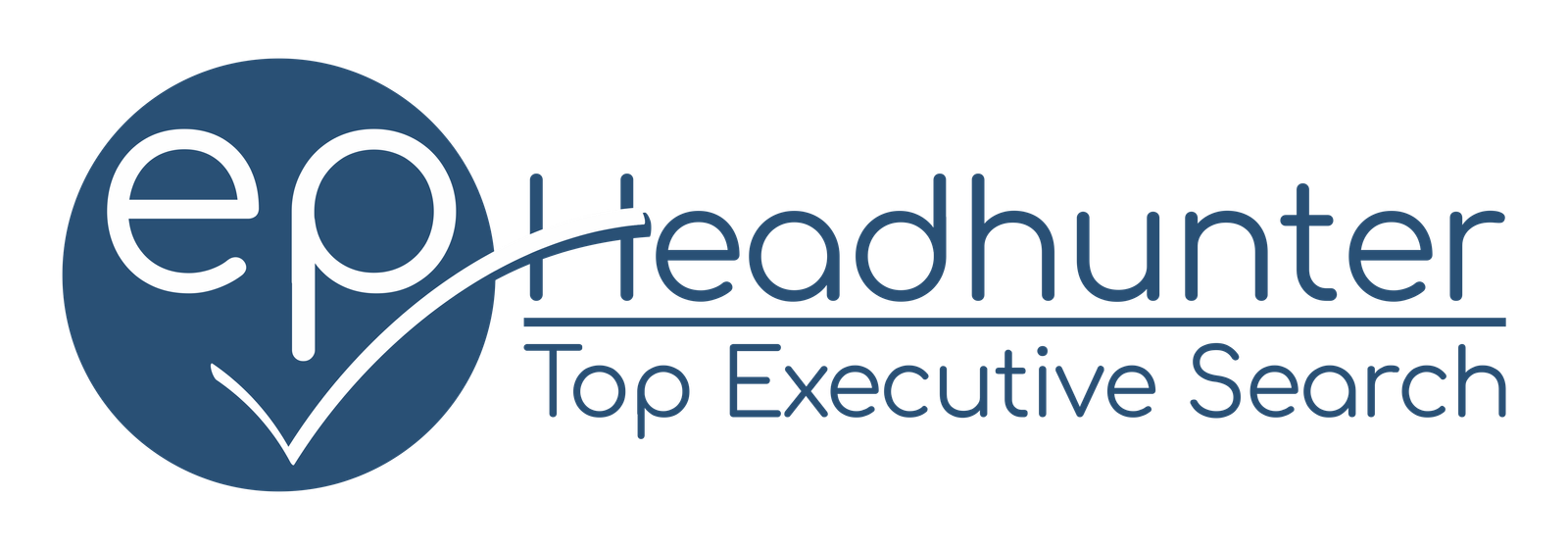Moving to a different country for work is a bold step. It opens doors to exciting opportunities but also comes with unique challenges. Whether it’s adapting to a new culture or navigating visa requirements, the process demands careful planning.
For many professionals, this move is a chance to grow their career and gain global experience. However, understanding your company’s relocation policies and the new country’s work environment is crucial. Early research can make the transition smoother and more rewarding.
Relocation isn’t just about changing your job—it’s about embracing a new way of life. From language barriers to cost differences, every detail matters. With the right support and mindset, this move can be a transformative experience.
Key Takeaways
- Relocating to a new country offers both career growth and personal challenges.
- Understanding your company’s relocation policies is essential for a smooth transition.
- Early research on the new country’s work environment and culture is crucial.
- Adapting to language and cultural differences can enhance your experience.
- Proper planning and support make the move more manageable and rewarding.
Preparing for a Global Executive Transition
Taking on a global executive role requires careful preparation and self-assessment. It’s not just about accepting a new position; it’s about ensuring we’re ready for the challenges and opportunities that come with it. This process begins with understanding our career goals and evaluating our readiness for such a significant move. Moreover, it’s essential to research the specific demands of global leadership, as different cultures and markets present unique challenges. Engaging in a remote executive roles overview can provide valuable insights into the skills and strategies necessary for thriving in these positions. By aligning our strengths with the expectations of a global role, we can confidently transition into this exciting phase of our careers.
Assessing Our Career Goals and Readiness
Before making any decisions, we need to reflect on our long-term career aspirations. Are we seeking growth, new experiences, or a chance to make a global impact? This self-evaluation helps us determine if the move aligns with our professional vision.
We should also consider our past experiences in competitive environments. Skills like adaptability, leadership, and cultural awareness are essential for thriving in a new country. If we’ve successfully navigated diverse teams or complex projects, we’re likely well-prepared for this transition.

Researching the New Country and Company Culture
Understanding the new country’s culture is critical. From language differences to societal norms, these factors will shape our daily life and work experience. Learning the local language, even at a basic level, can foster better relationships with colleagues and the community.
We must also research the company’s culture. How does it support international employees? What resources are available for relocation? Knowing these details helps us anticipate challenges and plan effectively.
Finally, we should evaluate the cost of living and visa requirements. These practical aspects ensure we’re financially and legally prepared for the move. With thorough research and planning, we can turn this transition into a rewarding career opportunity.
How to Transfer Your Executive Role to Another Country
Navigating a global career shift involves strategic communication and clarity. It’s essential to approach stakeholders with confidence and a well-defined plan. This ensures our vision aligns with the company’s goals and the new country’s expectations.
Initiating the Conversation with Stakeholders
Starting the dialogue requires preparation. We must demonstrate informed decision-making and a clear career vision. Structured discussions and scheduled face-to-face meetings can significantly enhance our relocation proposals.
Highlighting our past job achievements and future opportunities in a new country is crucial. This approach shows our employer the value we bring to the position. It also emphasizes our readiness for the challenges ahead.

Demonstrating Our Value and Strategic Vision
Presenting our experience and strategic vision is key. We should focus on how our skills align with the company’s global objectives. Effective communication and practical experience make us strong candidates for this move.
Understanding proper language practices and engaging with colleagues can support our transition. It fosters collaboration and ensures a smoother integration into the new work environment. This preparation sets the stage for long-term success.
By taking a professional approach, we can turn this relocation into a rewarding career opportunity. It’s about showcasing our strengths and embracing the challenges of a new country with confidence.
Implementing a Successful Move to Colombia
Relocating to Colombia offers a unique blend of professional growth and cultural immersion. To ensure a smooth transition, we focus on practical steps like securing housing, managing visa applications, and adapting to local regulations. With proper planning, this move can be a rewarding experience for both our career and personal life.

Securing Housing, Visa, and Other Relocation Services
Finding suitable housing is a top priority. We recommend starting with temporary accommodation to explore neighborhoods before committing. Platforms like local real estate agencies and expat forums can provide valuable insights.
Visa applications are another critical step. Colombia offers various visa options, including work, business, and investment visas. Each has specific requirements, such as proof of income or a minimum investment amount. Processing times are typically around one week, making it essential to prepare all documents in advance.
Cultural Adaptation and Navigating Local Regulations
Adapting to Colombia’s culture involves understanding local customs and language. Basic Spanish skills can significantly enhance our daily interactions and workplace integration. Engaging in language lessons or cultural workshops can ease this process.
Navigating local regulations is equally important. We must familiarize ourselves with work permits, tax obligations, and healthcare options. Colombia’s healthcare system offers both public and private services, ensuring access to quality care for foreign residents.
Leveraging Employer and Network Support
Our employer plays a vital role in this transition. Many companies provide relocation packages that include housing assistance, visa sponsorship, and cultural training. We should actively communicate with HR to understand the available resources.
Building a robust network is also crucial. Connecting with colleagues, industry professionals, and expat communities can provide valuable support. These relationships can help us navigate challenges and integrate more smoothly into our new environment.
| Visa Type | Requirements | Processing Time |
|---|---|---|
| Work Visa | Proof of employment, minimum income | 1 week |
| Business Visa | Investment of COP 130,060,600 | 1 week |
| Investment Visa | Real estate investment of COP 460,414,524 | 1 week |
By focusing on these key areas, we can turn our relocation into a seamless and enriching experience. With the right support and preparation, Colombia becomes not just a new workplace but a vibrant home.
Final Steps in Our Global Transition Journey
Embarking on a global transition is a transformative journey that reshapes both our career and personal life. As we approach the final steps, it’s essential to confirm all relocation arrangements, from housing to legal documentation. Ensuring these details are in place guarantees a smoother start in our new country.
Integration into the new company culture is equally important. Building strong relationships with colleagues and understanding workplace norms fosters a sense of belonging. Continuous support from our employer and maintaining a robust network helps address challenges effectively over time.
Tracking our progress post-move ensures that both our home and work environments align with our long-term career plan. By staying adaptable and proactive, we can turn this global transition into a rewarding experience that strengthens our professional identity.
